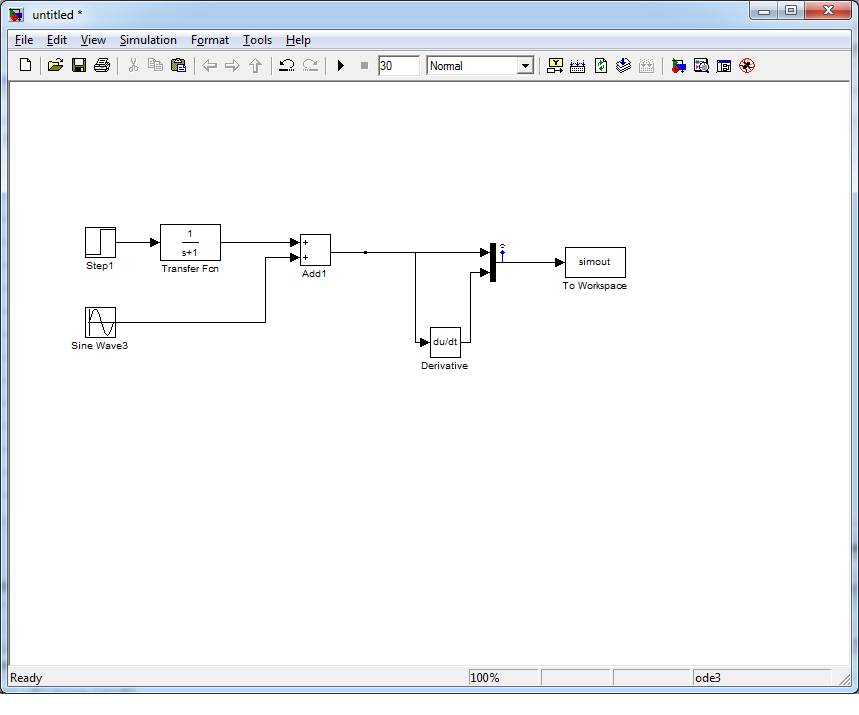Answer the question
In order to leave comments, you need to log in
Searching for signal frequency?
telegra.ph/Chart-01-10 Good afternoon, the link contains an image of the graph that is obtained when reading data from the ADC, these are fluctuating fluctuations, although the graph is cut off on one side (hardware problem), you need to find the oscillation frequency. I've been struggling with the problem for a month already, it turned out to find the frequency for the signal, which fluctuates relative to a constant cent, but here the signal is not symmetrical. Maybe there are ready-made methods for solving such problems?
Answer the question
In order to leave comments, you need to log in
Seriously? And manually according to the schedule, the frequency and period were not taught?
By the way, your signal seems to be not at all noisy, so if you filter it lightly, you can easily remove the constant component using the derivative - the frequency is preserved, only the phase shifts. But if there is the slightest noise, then it turns out garbage. It’s better, of course, to do it well - a bandpass filter

If there is the original graph data itself, then what is the problem? Find local minima and maxima and calculate the frequency.
Correct variant: Fourier transform, it is natural to get rid of the "cutoff" before that, then from there we get the main harmonic.
An uncorrect option (at one time I saw it in practical use by seismologists): to find a certain "axis" ("zero") and consider neighboring intersections of the axis as a half-period.
"axis"\"zero" - apparently approximated by a polynomial of the first order from the root-mean-square.
Didn't find what you were looking for?
Ask your questionAsk a Question
731 491 924 answers to any question